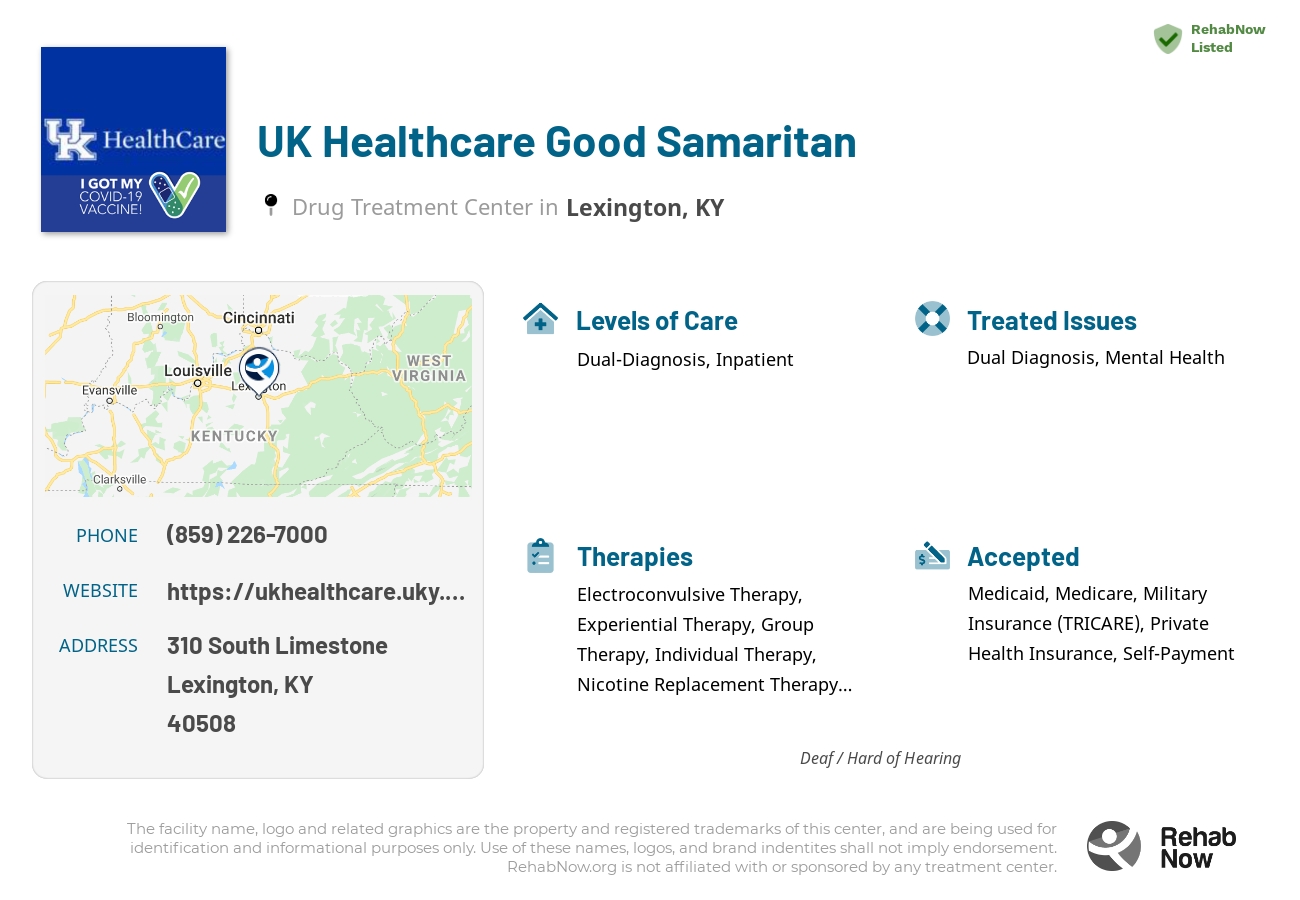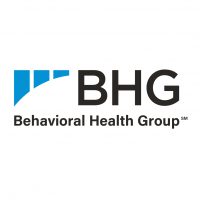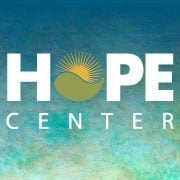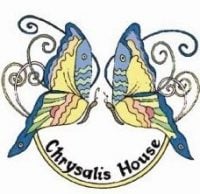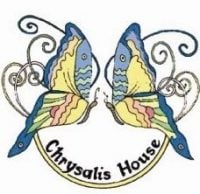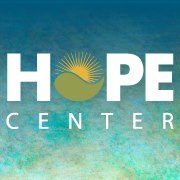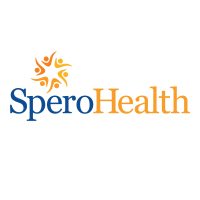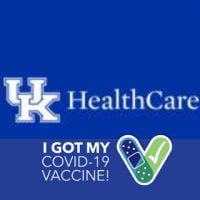
UK Healthcare Good Samaritan
Drug Rehab Center in Lexington, Kentucky
- Substance Abuse
- Mental Health
- Dual Diagnosis
- Drug Addiction
- Alcoholism
UK Healthcare Good Samaritan is a long-standing, 180 bed medical and mental health care provider in Lexington, KY that offers evidence-based treatments tailored to the individual and a range of services such as peer support, anger management, addiction, and mental health treatment to help people confront their struggles.
About This Kentucky Facility
Located in Lexington, Kentucky, UK Healthcare Good Samaritan is a well-established addiction treatment facility. Having been founded in 1888, this center has a long-standing commitment to providing quality care for those struggling with addiction and mental health issues. With a 180 bed capacity, UK Healthcare Good Samaritan offers a range of services for individuals seeking dual diagnosis treatment, addressing both co-occurring mental health conditions and substance abuse disorders. Their mission is to help individuals find healing and recovery in a supportive and compassionate environment.
UK Healthcare Good Samaritan offers various types of comprehensive treatment options for those facing addiction and substance abuse. Drawing on their expertise and experience, they provide effective support for dual diagnoses and employ evidence-based treatments to address mental health conditions alongside substance abuse issues. With inpatient levels of care available, individuals have access to around-the-clock supervision and a safe environment conducive to recovery. The dedicated team at UK Healthcare Good Samaritan focuses on delivering personalized and integrated treatment plans that may include therapy, counseling, medication-assisted treatments (when necessary), as well as ongoing support during every stage of the recovery process.
Genders
Ages
Modality
Additional
Conditions and Issues Treated
Substance Abuse Treatment is important when getting sober, as it helps addicts learn the skills they need to live a clean life. There are many different kinds of recovery treatment, including medication-assisted therapy, behavioral therapeutic approaches and self-help groups, as well as counseling.
When addiction and psychiatric issues co-occur, the addict’s recovery is more successful when both conditions are treated. A dual diagnosis refers to a condition in which the patient is diagnosed with two health issues: addiction and bipolar disorder. The most common therapies are psychotherapy, behavioral therapy, spiritual counseling, 12-step programs, and medication management.
Levels of Care Offered at UK Healthcare Good Samaritan
This center offers a variety of custom treatment tailored to individual recovery. Currently available are Dual-Diagnosis, Inpatient, with additional therapies available as listed below.
Inpatient treatment centers offer a safe, secure, and often medically supervised environment for drug or alcohol-addicted individuals. Many of these facilities are equipped to provide detoxification, treatment for co-occurring mental health disorders, and aftercare programs. The patient typically spends 28 to 30 days at the facility and will receive extensive drug counseling.
Therapies & Programs
At UK Healthcare Good Samaritan , to learn from past mistakes and improve one’s situation, the recovering person meets individually with a therapist. The counselor or therapist will address addiction causes, triggers, mental issues, dual diagnosis, and aftercare plans during this time. This is a very intense and challenging process. Some clients find it easier to open up to someone other than family or friends who understand their struggles with addiction.
In group therapy, recovering addicts meet with a therapist and other people in recovery. Some groups are closed, meaning only people who share the same addiction or problem can attend. Others are open to anyone who wants to stop using drugs or drinking alcohol. Group therapy sessions typically focus on one topic each week or month so that recovering addicts can discuss issues they face daily.
Cognitive Behavioral Therapy (CBT) is based on the idea that how we feel, think and act all interact together. It helps people explore their thoughts for problems (or false beliefs) that influence their mood and actions. CBT is very goal-oriented, which means that the therapist and patient work together on a specific problem. In addition to helping a client focus on thoughts that can be changed, CBT also allows them to take an active role in their treatment. Our thoughts determine our feelings and behaviors; our feelings affect our thoughts, and our behaviors change our thoughts and feelings.
Nutrition therapy has been used to help drug addicts for decades. Many early reports on addiction treatment indicate that some patients recovered from the “satisfying power of food”. For years, this phenomenon has been utilized as a treatment modality in eating disorders for adults, adolescents, and children.
Specific nutrients have been identified that influence neurotransmitters associated with reward pathways of the brain. Studies have shown that carbohydrate loading with complex carbohydrates to elevate serotonin levels was effective in treating bulimia nervosa. This approach prompted researchers to explore the use of this type of nutritional intervention in other disorders.
The goal of nicotine replacement therapy is to provide a safe alternative for people trying to quit smoking. It does this by giving small doses of nicotine that help manage cravings while breaking habits associated with cigarettes.
Nicotine Replacement Therapy (NRTC) uses products like skin patches and gum that deliver low-dose nicotine, which prevents cravings in those quitting. This makes it easier for them to make a gradual transition from smoker to non-smoker.
Patient Experience
Experiential Therapy at UK Healthcare Good Samaritan
Experiential Therapy is a different way of thinking about addiction treatment. It uses physical activities to help work through troubling emotions, memories, and trauma that are sources of psychological issues like addiction.
Experiential Therapy can be an effective option for those who have struggled with past traumas or challenges associated with life decisions such as drug use. The non-traditional approach helps people deal more effectively with these struggles. It also allows them to gain new perspectives on their behavior patterns by recreating experiences in healthy ways rather than continuing old habits that may no longer serve them.
Payment Options Accepted
For specific insurance or payment methods please contact us.
Is your insurance accepted?
Ask an expert, call (888) 674-0062
Additional Details
Specifics, location, and helpful extra information.
Lexington, Kentucky 40508 Phone Number(859) 226-7000 Meta DetailsUpdated November 25, 2023
Staff Verified
Patient Reviews
There are no reviews yet. Be the first one to write one.
Lexington, Kentucky Addiction Information
Kentucky ranks among the top ten states for opioid-related overdoses. Most of these are due to heroin, fentanyl, and prescription opioid use. A little over 11% of the Kentucky population abuses alcohol in a given year. More than 15% of Kentucky adults admit to participating in binge drinking every month.
Lexington, Kentucky has a moderate drug addiction and abuse problem. 6.7% of Lexington residents over the age of 12 abused drugs in 2014. The most commonly abused substances were alcohol, followed by cocaine, and heroin. In Lexington, there were 1,013 drug-related emergency room visits in 2016. The most important thing to remember when looking for drug rehab is that every individual is different and will require a different approach to treatment.
Treatment in Nearby Cities
- Radcliff, KY (80.2 mi.)
- Shelbyville, KY (41.0 mi.)
- Jackson, KY (69.8 mi.)
- Pine Ridge, KY (52.1 mi.)
- Corbin, KY (78.8 mi.)
Centers near UK Healthcare Good Samaritan
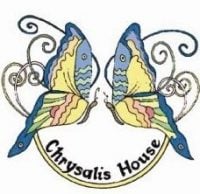


The facility name, logo and brand are the property and registered trademarks of UK Healthcare Good Samaritan, and are being used for identification and informational purposes only. Use of these names, logos and brands shall not imply endorsement. RehabNow.org is not affiliated with or sponsored by UK Healthcare Good Samaritan.

